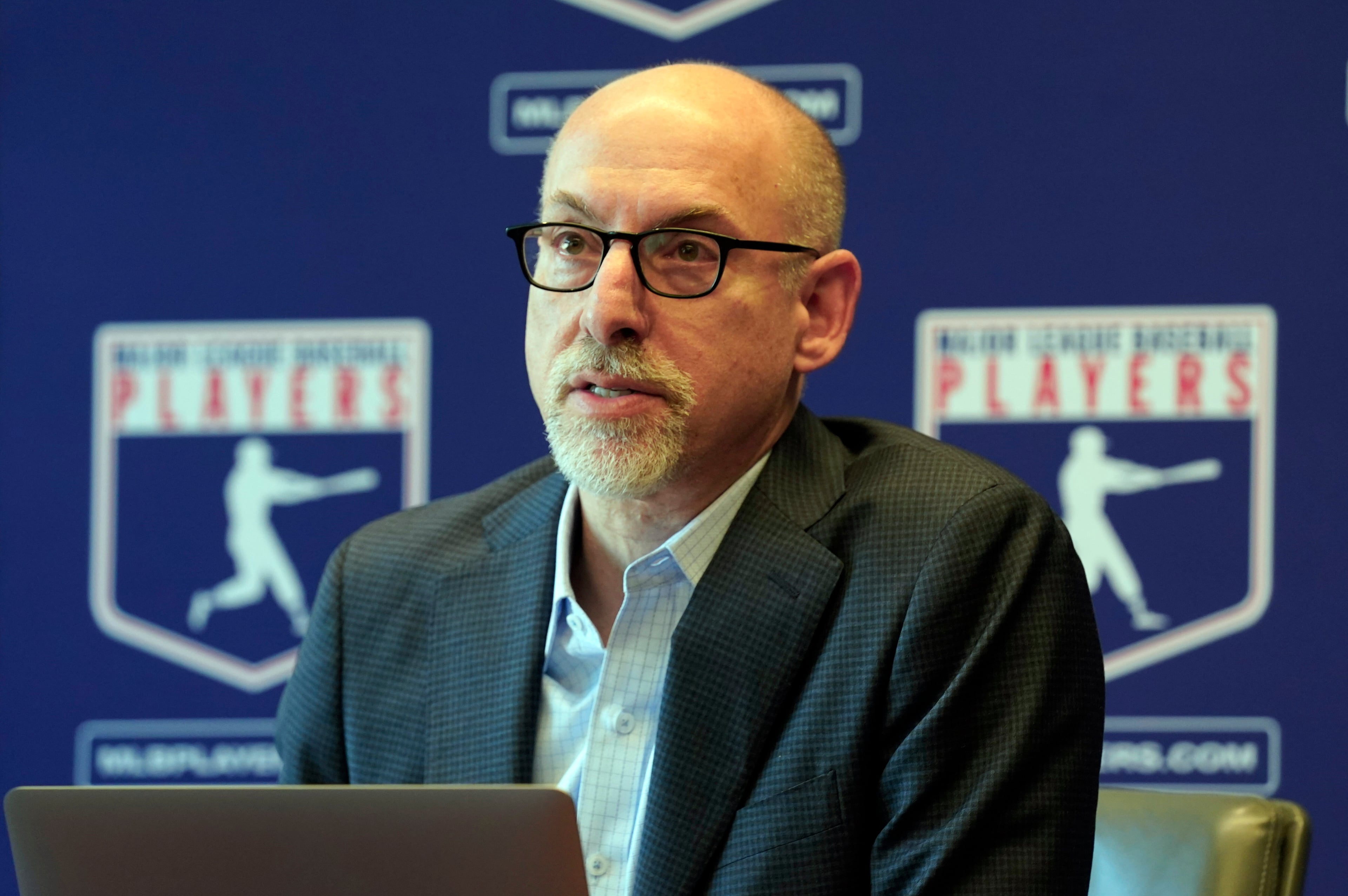Atlanta fencer Powers moving up in the world
Skyla Powers takes a small step forward and snaps her sabre at an invisible target. She retreats before advancing again, this time with a longer stride forward. She retreats and advances again, this time with a full lunge.
To her left, standing beneath the flags of 14 countries and in front of a wall commemorating the accomplishments of his past and current students, coach Arkady Burdan watches every step Powers takes, every snap of her wrist, every calisthenic drill he asks her and the six fencers hand-selected to help her, perform. Burdan watches Powers’ form, hands behind his back, head tilted slightly down. She is intense. He is unyielding. That’s what she wants.
Every step, which continues Friday at the international Korfanty Cup in Chicago, could lead Powers closer to Brazil and the 2016 Olympics.
“That’s the goal,” she said.
Powers, 17, has been fencing at Burdan’s Nellya Fencers Club, located on the west side of Atlanta, since moving to the city when she was 10. The sport dominates her life, by choice.
She started at a rec center in Greensboro, N.C., when she was 7 after seeing a flier for the sport. No one in her family fenced. She laughs after saying most of her exposure to fencing was based upon the movie, “Pirates of the Caribbean.”
At Nellya, Powers practices four times a week in sessions that last from 3-5 hours each. She attends a school that mixes home-schooling with a traditional classroom so that she can practice.
“If I didn’t enjoy it, I wouldn’t do it like I do,” she said.
Powers has the results. She has won the U.S. Fencing National Championship in every age group. In 2012 she was the silver medalist in the Division I national championship.
She guesses she has around 50 medals. The ones from international events, such as the team gold she recently won at Junior Cadet World Championships in Porec, Croatia, hang on a wall in her bedroom at her home in Decatur. The medals from domestic events are on her bookshelves.
But Powers didn’t begin participating in the sport because she liked to compete. She said her parents don’t follow sports. Her mom works in health care and her stepfather does landscaping and gardening.
But Powers found she enjoyed the competition.
Burdan found he enjoyed teaching a dedicated student.
“She doesn’t waste one second in practice, which I like,” Burdan said in his Russian accent. “She does everything I say and more. She doesn’t waste time. She thinks about what she does. Because of that, she becomes natural.”
Burdan, who has coached for 45 years, knew Powers had potential when she started as a “little, skinny” girl, he said, holding up a pinkie finger to emphasize his description.
At a tournament, a friend/rival coach of Burdan called him over, telling him he had to see this young girl, not knowing who she was or that he was speaking to her teacher.
The instructor raved about her movements and her decisions. Burdan, goosing him, suggested they go and talk to Powers.
After learning her name and her city, the instructor asked Powers who was teaching her.
She pointed at Burdan.
“He said, ‘Why are you playing me?’” Burdan said, laughing. “This professional, found out she is a real fencer. That, plus hard work, gave her everything she has earned.”
As hard as she has worked, the real work is just beginning if she hopes to make the U.S. Olympic team. Powers needs to continue to compete in the Grand Prixs and World Cups to earn experience and the points needed to maintain her ranking. She currently ranks 12th in the U.S. in the senior women’s sabre.
Qualifying for Brazil will begin in 2014. To travel the world and stay abreast of the competition as the Olympic pursuit continues will cost tens of thousands of dollars. Powers’ parents have managed to pay for her trips so far, but there is anxiety about the future. Sponsors are needed.
Burdan blushes as he beams about Powers, saying she is like a daughter to him. She may also be Burdan’s last chance to accomplish something that has eluded him: a gold medal in the Olympics. His students have a silver and two bronzes. He is 69 years old. He doesn’t know how many Olympics he may have left.
He would very much like to win what he said nothing else can compare to. He would very much like for Powers to be the one to win.
“I hope she will make this for me,” he said. “This is my goal.”
Powers, polite and thoughtful throughout the discussion, doesn’t flinch as Burdan discusses the goal they share.
Powers seems to be planning for Brazil. She will attend Agnes Scott College next year so that she can continue to train at Nellya with Burdan, whom she says is like another father.
She is momentarily puzzled when asked if she thinks she has missed any part of being a teenager. Burdan cuts in to help her, joking about smoking and drinking and acting out.
Powers laughs, implying those activities don’t interest her. She and others point that she has gotten to do things most teenagers can only dream of in traveling most of the world and making friends from all nationalities.
So Powers will continue to train. Burdan will continue to watch and coach.
“I enjoy the dedication I put into it,” she said. “It’s all worth it when you get the results.”



